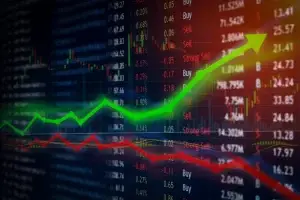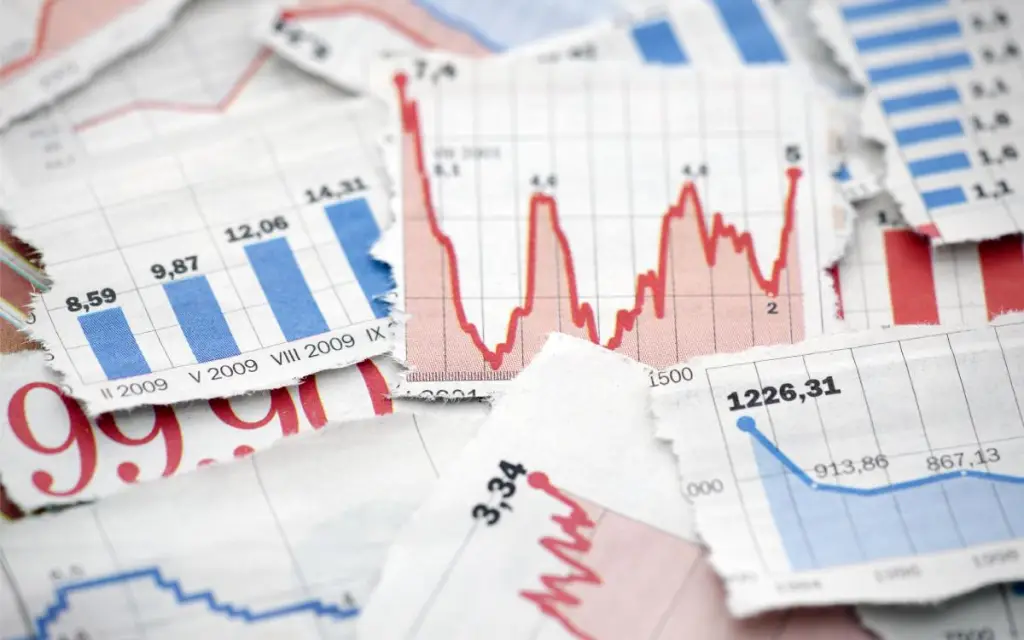For many people outside the financial world, the over-the-counter market is a real mystery. There are fewer formalities, fewer rules and more flexibility. There is a special atmosphere: the neon signs do not change the stock prices and transactions take place directly between the participants. Understanding how the OTC market works is often compared to a maze: wherever you look, you see new opportunities, but also potential dangers. This is where agreements, personal relationships and a subtle interplay of interests are determined.
What is the OTC market? In simple terms
An over-the-counter market is a trading system in which transactions are concluded without the intervention of centralized exchange platforms. Imagine a typical city market: there are no fixed prices, buyers and sellers negotiate the conditions directly and it depends mainly on negotiating skills. This is the main difference with the stock exchange, where transactions take place according to strictly defined rules and with the participation of many intermediaries.

Direct connections and individual agreements are important here. Market participants often rely on their reputation and personal contacts. This allows transactions to be processed more quickly and cheaply, but also creates a risk of dishonesty, as there are no strict supervisors. All responsibility lies with those involved in transactions over the counter. In addition, the OTC market often involves transactions with rare and illiquid assets that are not in demand on the exchange platform.
How does it differ from the stock market?
 The main difference between the over-the-counter market and the currency market is the degree of regulation and the degree of openness. A characteristic of over-the-counter trading is the lack of a central platform for executing transactions. There are no strict trading rules here, as on the stock exchange, where traders carefully check each contract. Instead, transactions take place directly between two parties.
The main difference between the over-the-counter market and the currency market is the degree of regulation and the degree of openness. A characteristic of over-the-counter trading is the lack of a central platform for executing transactions. There are no strict trading rules here, as on the stock exchange, where traders carefully check each contract. Instead, transactions take place directly between two parties.
In addition, transaction volumes can vary from minimal to very large. For example, a single OTC transaction can involve the purchase of a block of shares worth $10 million or more, while this would not be possible on the stock exchange without affecting market prices. The regulations in such a market are more flexible, which makes transactions more flexible. However, there are also a number of risks associated with over-the-counter transactions. One of them is the low transparency, which can create distrust among participants.
Over-the-counter market instruments and participants
not only large banks and financial institutions, but also small investors, market makers and even private companies. The main players include:
- Large investors. Such as banks and hedge funds, who often use the over-the-counter market to buy large quantities of shares without the risk of their price being affected.
- Market makers. They provide liquidity to the market by buying and selling assets to keep prices moving. In this way, market makers can execute transactions worth tens of millions of dollars every day, thus keeping capital moving.
- Small investors. Unlike the stock exchange, even a private investor can enter the market via special over-the-counter trading platforms such as OTCQX or Pink Sheets in the US.
OTC instruments: from shares to derivatives
Among the tools we can mention:
- Captivity. Unlike the stock market, OTC bond transactions often take place between two large financial players, without the intervention of brokers. These can be corporate bonds with a high interest rate, which are rarely available on public stock exchanges.
- Stock. Here you can buy or sell shares of companies that are not listed on the stock exchange. This can be beneficial for investors who are looking for assets with a high risk, but also a high return potential. These are often start-ups or young companies that cannot yet go public.
- Derivatives. Options and futures are also actively traded on over-the-counter markets, giving investors the opportunity to hedge risks and make a profit. For example, contracts for difference (CFDs) are used to speculate on changes in the value of assets without actually buying them.
Risks and regulation of transactions over the counter
There are risks associated with a low level of transparency and a lack of strict regulation. For example:
- Lack of public information. There is no obligation to report every transaction. Participants must rely on each other’s honesty, which sometimes leads to financial fraud. Large transactions of more than $50 million may go unnoticed by the general public.
- High volatility. The value of assets can change abruptly and unexpectedly, because the over-the-counter market has no mechanisms to automatically suspend trading in the event of sudden price changes. For example, shares of small companies can rise or fall by tens of percentage points in a single day.
- Problems with asset valuation. Because asset prices are determined through private negotiations, the estimated value can vary depending on the specific terms of the transaction. This is especially true for derivatives, where the final value depends on many variables, such as volatility or discount rate.
Regulation of the over-the-counter market
Regulation takes place at the level of national and international organizations. For example:
- FINRA in the United States regulates brokers and dealers who conduct over-the-counter transactions. Participants must adhere to certain standards for fair trading and reporting.
- The International Organization of Securities Commissions (IOSCO) enforces the regulations in all jurisdictions and coordinates between countries to improve transparency.
- The European Commission and ESMA (European Securities and Markets Authority) also oversee OTC transactions, particularly in derivatives and securitizations, which are subject to disclosure and reporting standards.
Conclusion
 The OTC market is a complex but interesting alternative to traditional exchanges. There are fewer rules, more room for maneuver, but also greater risks. It appeals to those who value flexibility and are willing to accept non-standard solutions. Participating in the OTC market requires a thorough understanding of trading mechanisms, as well as the ability to assess risk and conclude transactions on favorable terms.
The OTC market is a complex but interesting alternative to traditional exchanges. There are fewer rules, more room for maneuver, but also greater risks. It appeals to those who value flexibility and are willing to accept non-standard solutions. Participating in the OTC market requires a thorough understanding of trading mechanisms, as well as the ability to assess risk and conclude transactions on favorable terms.

For example, using derivatives or buying large amounts of shares on the over-the-counter market can be a good tool to diversify and reduce risk within an investment portfolio. It may be worthwhile to consider this market as part of a diversified investment portfolio and study its characteristics to improve your financial knowledge.
 en
en  ru
ru  de
de  ar
ar  es
es  nl
nl  hi
hi  fr
fr  it
it  pt
pt  el
el 










